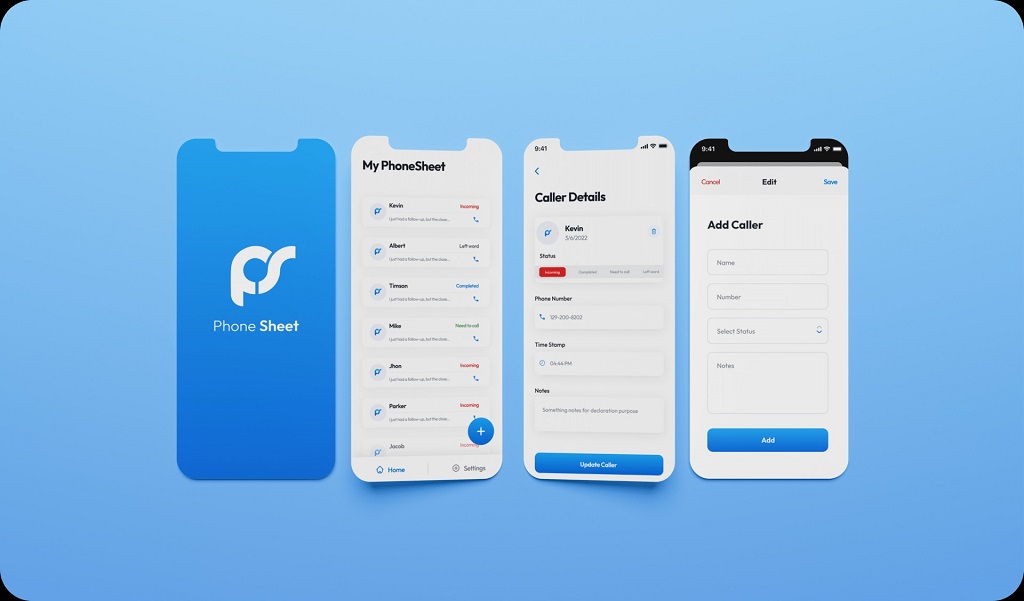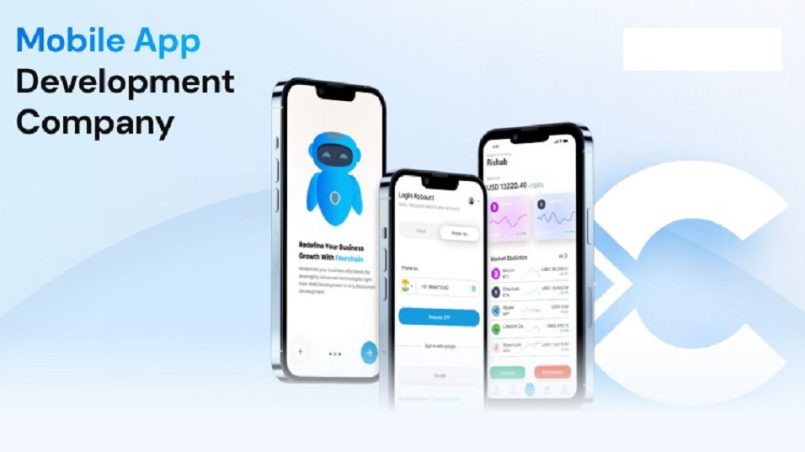Picture this: You have a brilliant app idea that could revolutionize your industry, but you’re staring at a blank screen, wondering how to transform that vision into reality. The journey from concept to app store doesn’t have to be overwhelming when you partner with the right mobile app development company. Understanding what lies ahead in this collaborative process can mean the difference between a smooth, successful launch and a frustrating experience filled with unexpected roadblocks.
The Foundation Phase: Setting Clear Expectations

When you first engage with a mobile app development company, the initial phase focuses on establishing a solid foundation for your project. This discovery period typically spans 1-2 weeks and involves comprehensive discussions about your app concept, target audience, and business objectives.
During this phase, expect detailed questionnaires about your app’s core functionality, preferred platforms (iOS, Android, or both), budget constraints, and timeline expectations. Professional development teams will conduct thorough market research to understand your competitive landscape and identify opportunities for differentiation.
The development company should provide you with a detailed project proposal that outlines the scope of work, technology stack recommendations, project timeline, and cost breakdown. This document serves as your roadmap throughout the entire development process and helps prevent scope creep later in the project.
Project Planning and Strategy Development
Once you’ve agreed to move forward, the planning phase begins in earnest. This stage involves creating detailed wireframes, user experience (UX) mapping, and technical architecture planning. Your development partner will work closely with you to define user personas, create user journey maps, and establish key performance indicators (KPIs) for measuring app success.
During strategy development, expect regular brainstorming sessions where your development team presents various approaches to solving technical challenges. They’ll recommend the most suitable development methodology, whether it’s native app development, cross-platform solutions, or hybrid approaches based on your specific requirements.
The planning phase also includes defining the minimum viable product (MVP) features versus nice-to-have functionalities. This prioritization helps ensure your app launches on time and within budget while providing core value to users.
Design and User Experience Creation
The design phase is where your app begins to take visual form. Professional mobile app developers typically follow a structured design process that starts with low-fidelity wireframes and progressively moves toward high-fidelity prototypes.
Expect multiple design iterations as your development team refines the user interface (UI) and user experience (UX) based on your feedback. This collaborative process involves regular design reviews, usability testing sessions, and refinements to ensure the final product meets both aesthetic and functional requirements.
Your development partner should provide interactive prototypes that allow you to experience the app’s flow before any actual coding begins. This approach helps identify potential usability issues early in the process and reduces the likelihood of costly changes during development.
Development Phase and Agile Methodology
Most reputable mobile app development companies employ agile development methodologies, which break the project into manageable sprints typically lasting 2-4 weeks. During each sprint, you’ll receive regular updates on development progress, including working versions of app features for testing and feedback.
Expect weekly or bi-weekly progress meetings where your development team demonstrates completed features, discusses any challenges encountered, and plans upcoming work. This iterative approach allows for continuous improvement and ensures the final product aligns with your vision.
Throughout the development process, your development partner should maintain transparent communication about any technical challenges, timeline adjustments, or budget implications. Professional teams proactively address potential issues before they become major problems.
Quality Assurance and Testing Procedures
Quality assurance (QA) is an ongoing process that begins early in development and continues throughout the project lifecycle. Your mobile app development company should implement comprehensive testing procedures that include functional testing, performance testing, security testing, and user acceptance testing.
Expect to participate in beta testing phases where you and selected users test the app in real-world scenarios. This testing helps identify bugs, usability issues, and performance bottlenecks that might not be apparent during development.
Professional development teams maintain detailed bug tracking systems and provide regular reports on testing progress, identified issues, and resolution timelines. This transparency helps you understand the app’s quality status and readiness for launch.
App Store Submission and Launch Support
Navigating app store submission processes can be complex, but experienced development companies guide you through every step. They’ll ensure your app meets all platform-specific requirements, including metadata optimization, screenshot preparation, and compliance with app store guidelines.
Your development partner should handle the technical aspects of app store submission while keeping you informed about approval status and any required changes. They’ll also provide launch strategy recommendations, including soft launch options and marketing considerations.
Post-launch support is crucial for addressing any immediate issues and monitoring app performance. Expect your development team to provide ongoing monitoring and be available for urgent bug fixes during the critical launch period.
Communication and Project Management
Effective communication forms the backbone of successful app development collaboration. Professional development companies utilize project management tools that provide real-time visibility into project progress, task completion, and upcoming milestones.
Expect regular communication through various channels, including scheduled meetings, progress reports, and collaborative platforms like Slack or Microsoft Teams. Your development partner should assign a dedicated project manager who serves as your primary point of contact throughout the project.
Transparency in communication includes honest discussions about challenges, realistic timeline adjustments, and proactive problem-solving. The best development partnerships involve open dialogue where both parties feel comfortable sharing concerns and suggestions.
Post-Launch Support and Maintenance
The relationship with your mobile app development company doesn’t end at launch. Expect discussions about ongoing maintenance, updates, and feature enhancements during the initial planning phase. Professional development teams offer various support packages that include bug fixes, performance optimization, and compatibility updates for new operating system versions.
Your development partner should provide analytics integration and reporting to help you understand user behavior and app performance. This data-driven approach enables informed decisions about future updates and feature additions.
Long-term collaboration often involves planning for app evolution based on user feedback, market changes, and business growth. The best development companies position themselves as long-term technology partners rather than just service providers.
Maximizing Your Development Partnership
To ensure the most successful collaboration with your mobile app development company, maintain active engagement throughout the process. Provide timely feedback on designs and features, participate in testing phases, and communicate any concerns or changes promptly.
Establish clear decision-making processes within your organization to avoid delays caused by internal approval bottlenecks. Trust your development partner’s expertise while maintaining oversight of the project’s strategic direction.
Remember that successful app development is a collaborative effort that requires commitment from both parties. The most successful projects result from partnerships where clients and developers work together toward shared goals.
Read More Also: Supplement Nearly Causes Liver Failure in US Woman
Ready to Begin Your App Development Journey?
Understanding what to expect during mobile app development collaboration empowers you to make informed decisions and contribute meaningfully to your project’s success. The right development partner will guide you through each phase while keeping you informed and engaged throughout the process.
Are you ready to transform your app idea into reality? Contact our experienced mobile app development team today to discuss your project requirements and learn how we can help bring your vision to life. Schedule a free consultation to explore your options and take the first step toward launching your successful mobile application.

